Facial skin analysis application using artificial intelligence (skin AI)
While artificial intelligence is booming in every field, a new branch of technology is quietly creeping into the world of beauty care with Skin AI that helps analyze facial skin .
No longer a tool reserved for high-end clinics or spas, now with just a phone, users can understand their skin condition quickly, accurately and scientifically .
How does AI skin analysis work?
Skin AI is an artificial intelligence system trained to analyze facial features through images, usually taken with a phone camera. When you take a selfie in the right lighting conditions, the algorithm begins to "read" the small details on the skin's surface.
Using deep learning techniques, the system can analyze wrinkles, pores, pigmentation, skin tone, surface texture, and oiliness or dryness. Some advanced versions can also assess skin elasticity through facial expressions.
What’s more, these algorithms are trained on millions of facial images from users around the world, across a wide range of ages, genders, ethnicities, and climates. This allows the system to make highly personalized assessments that are less biased than the standard.
In addition, some modern Skin AI technologies also integrate light, temperature, humidity sensors, or exploit weather data according to user location to better understand the environment affecting the skin. This helps improve the accuracy in analyzing skin conditions and making appropriate recommendations.
The results of the analysis are usually displayed in the form of visual graphics from the damaged skin map, dry-oil ratio, aging chart, or overall skin score. All can be done at home within minutes, without complicated machines or going to the clinic.
Will Skin AI Become a Skin Care Trend?
The emergence of Skin AI is not only a technological innovation, but also marks a shift in beauty care thinking from emotional to scientific. Today's users, especially the younger generation, are no longer satisfied with cosmetic advertisements like "suitable for all skin types", but want to know clearly what their skin needs, what it lacks and what to do next.
Therefore, Skin AI becomes an important support tool to personalize the skin care process. After analysis, the system can suggest users a skincare routine by morning - evening, by season or by the level of skin damage in each specific area. This not only helps save time and money, but also optimizes the effectiveness of care products.
In addition to phone apps, many technology companies are developing smart mirrors with integrated AI skin analysis, allowing users to analyze their skin every morning as a personal routine.
Some product lines also connect to health watches or sleep apps, to provide more comprehensive advice: "Did you sleep little yesterday or is your skin dehydrated today?" or "Today's UV rays are high, so increase sun protection."
The "beauty tech" trend is therefore growing strongly in Europe, Korea, Japan and gradually spreading globally. Not only serving individuals, many dermatology clinics have also started using Skin AI as a tool to support rapid diagnosis and monitor treatment results more objectively.
Another interesting point is that this technology is expanding its applications into the medical field. Some research groups are using AI to analyze skin to detect early signs of conditions such as atopic dermatitis, psoriasis, or even skin cancer through regular photos. In the future, a quick camera shot may be enough to tell you whether you should see a doctor or not.
Not only is it highly accurate, Skin AI also has the advantages of being convenient, private, cost-effective, and easy to use, which traditional methods cannot meet for the majority.
Skin AI: From technology to life
Skin AI is being applied more and more widely in life. YouCam Makeup application allows selfies to analyze skin instantly, with more than 100 million downloads.
In Europe, Skin Genius developed by L'Oréal helps users examine their skin and receive online consultation. HiMirror smart mirror with integrated AI is also popular in the US and Korea, supporting daily skin condition monitoring. In addition, La Roche-Posay's Spotscan tool has been deployed in more than 30 countries to assess the level of acne using photos.
These technologies are quietly changing skin care routines globally, making them more precise, more personalized, and more accessible than ever before.
Tuan Vi
Source: https://tuoitre.vn/skin-ai-xu-huong-phan-tich-da-bang-tri-tue-nhan-tao-20250801112446309.htm


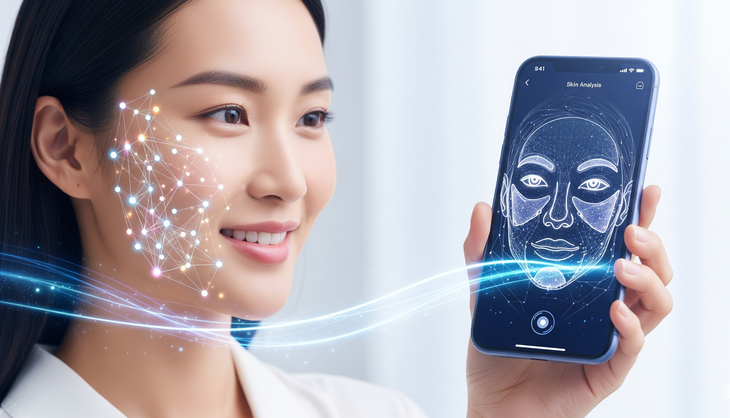






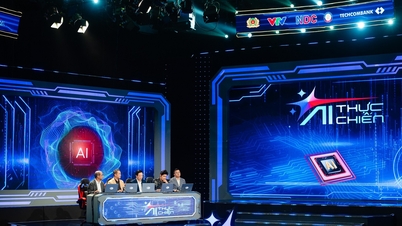

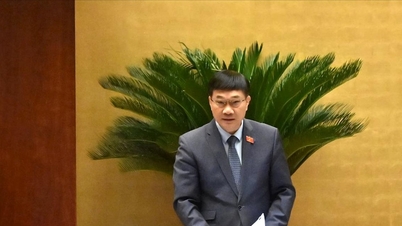

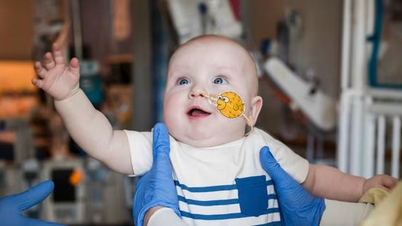







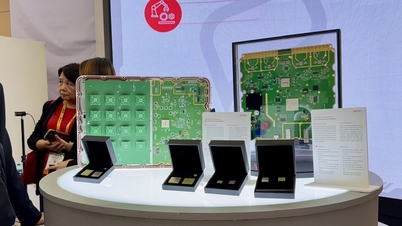














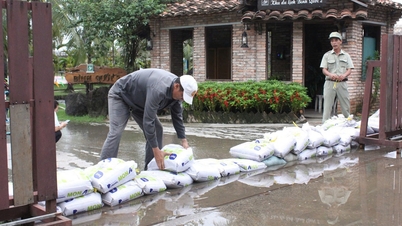


![[Photo] Da Nang: Hundreds of people join hands to clean up a vital tourist route after storm No. 13](https://vphoto.vietnam.vn/thumb/1200x675/vietnam/resource/IMAGE/2025/11/07/1762491638903_image-3-1353-jpg.webp)

































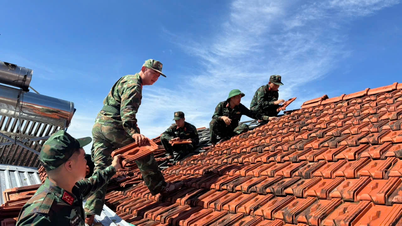


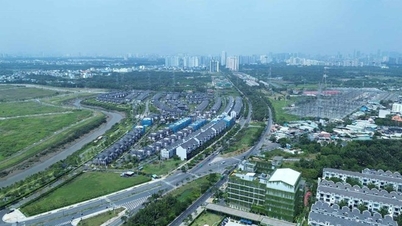


















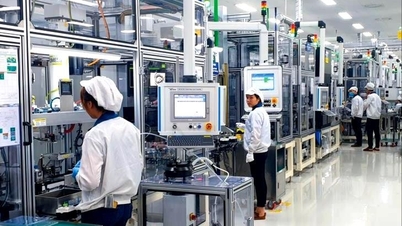

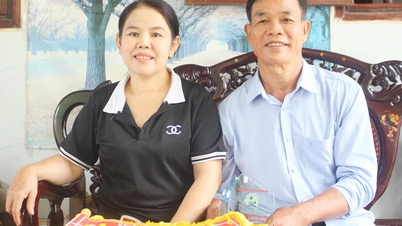















Comment (0)